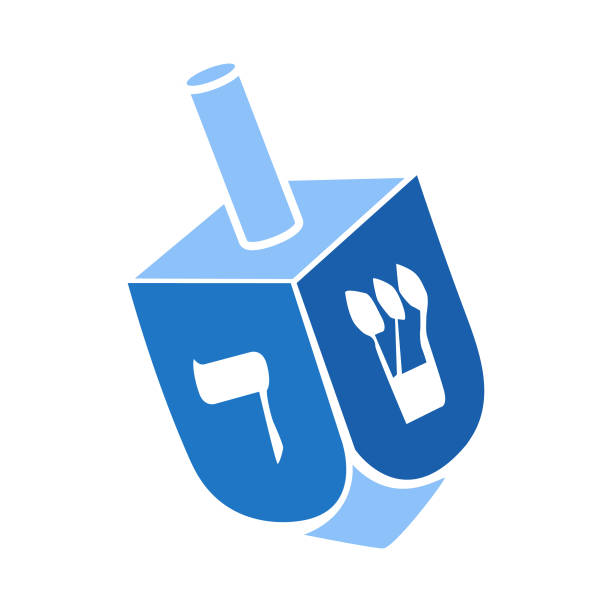
I Have a Little Dreidel
Is Gambling Permitted?


According to the Talmud, those who played with dice for money (ie, gambling) were not able to be witnesses. Why? Because gambling isn’t a productive occupation.
Is Dreidel Playing Gambling?
Dreidel playing is an occasional game of chance played on Hanukkah. If it isn’t one’s primary occupation it would seemingly be permitted.
“Few of these strictures proved effective. Despite widely held views about gambling for money, the rabbis permitted games of chance during the long nights of Hanukkah, Purim, the intermediary days of Passover and Sukkot, and Rosh Hodesh. Generally, the rabbis frowned upon card playing in the sukkah. However, in acknowledging that people would not sit in the sukkah unless permitted such entertainment, this stricture was also relaxed.”(My Jewish Learning What Eastern European Jews Did on Christmas | My Jewish Learning)
Didn’t I learn that Jews used to play dreidel to cover up the fact that they were learning Torah?
According to Stephen Winick, a Library of Congress folklore expert, one oft quoted version of this is attributed to Rabbi Samuel J. Fox in the Southern Jewish Weekly, mid 1900’s.

One problem noted with this version is that the dreidel game as we know today has four letters based on “A Great Miracle Happened Here (there).” If it is true that students in Maccabean time played dreidel, how would they know about the miracle?

Other Dreidel Facts
- The word for Dreidel in Hebrew is Sevivon. Attributed to Eliezer Ben-Yehuda’s son who was five at the time. Our Favorite Hanukkah Toy Was Actually a Non-Jewish Irish Gambling Game – The Forward
- The word לסובב means to Spin. Here is the word for Dreidel. סביבון You can see that they are related.
- The world’s most expensive dreidel?
- Estate Diamond Jewelers in New York City has created the world’s most valuable dreidel, according to Guinness World Records. It is 4.20 carats, made of 18k gold, has 222 diamonds and costs $70,000. (JNS)
- Who has the world’s largest dreidel collection?
- Israeli author/politician Avram Burg is said to have the largest dreidel collection in the world, counting more than 3,500. (Israel21c)
- The best dreidel to use to spin a dreidel upside down is the cheap plastic kind…

How to Play Dreidel

